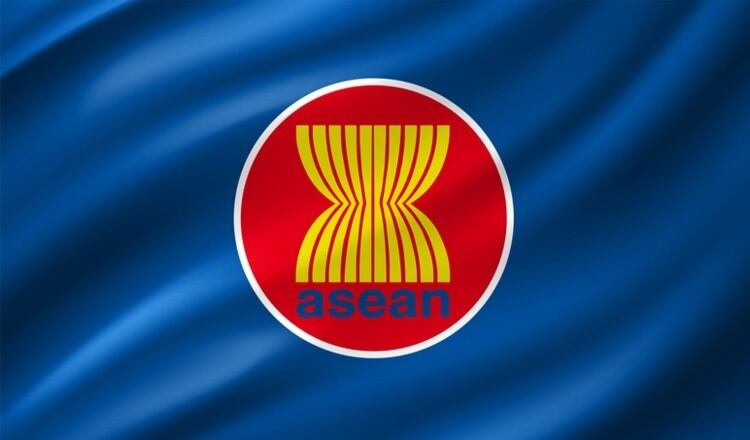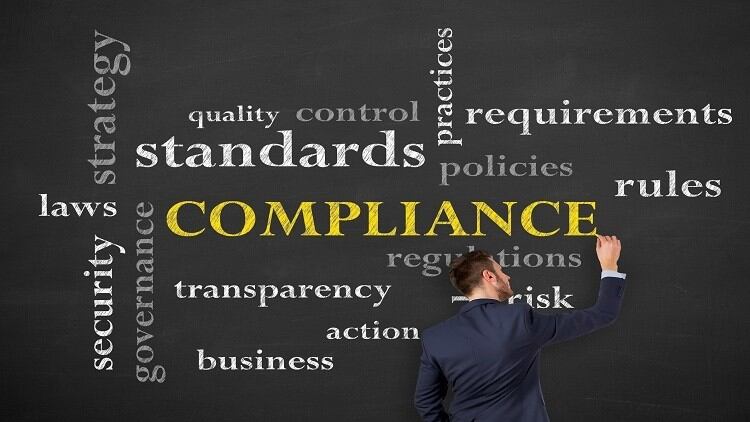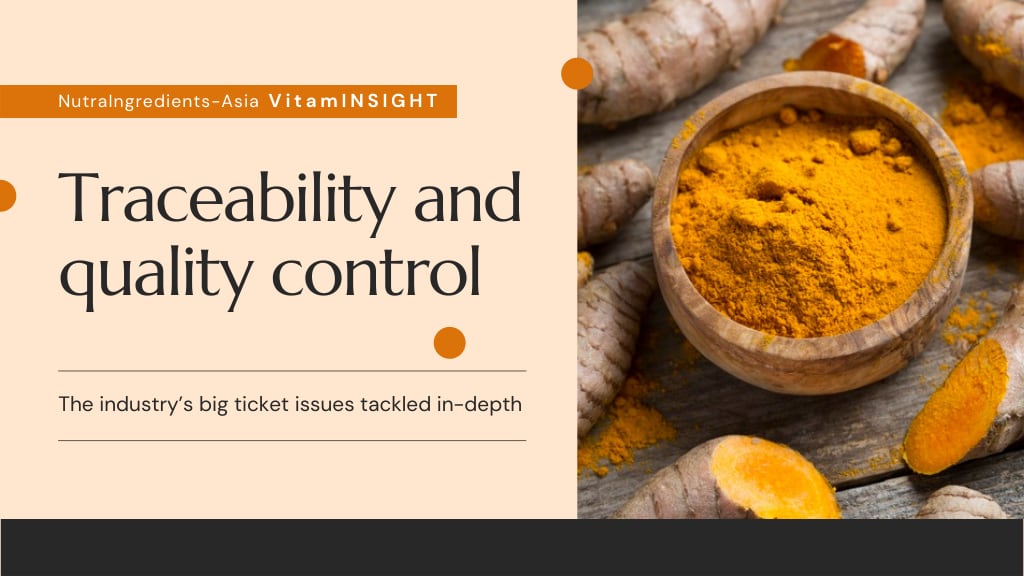The above was highlighted by Alicia Ng, vice-president and head of R&D, Wider Asia at Haleon – formerly known as GSK Consumer Health, during her keynote presentation at the Growth Asia Summit held in October at Marina Bay Sands, Singapore.
Ng was presenting on the topic “Major Step Forward: The ASEAN harmonisation of technical standards for Traditional Medicines & Health Supplements” during the first day of the summit.
The timeline
An initiative that started in 1998, the harmonisation is meant to facilitate trade by addressing standards and technical barriers to trade and eliminating tariffs etc.
So far, the 10 ASEAN states have finalised an agreement on 10 technical annexes across product quality, such as GMP requirements, shelf-life, as well as product labelling, and product safety.
In June this year, procedures for national approval were put in place. For instance, each country needs to secure the Instrument of Full Power (IFP), where a person of authority signs a treaty or convention on behalf of a sovereign state.
The plan was for the 10 member states to sign the agreement in September.
However, as of September 7, only two ASEAN member states, namely Malaysia and Indonesia, have secured the IFP.
All 10 member states would need to secure IFP before the harmonised agreement could be signed.
Once the agreement is signed, all 10 states will need to ratify it and each state will be given five years to implement the agreement into their national regulations.
The challenges
In an interview with NutraIngredients-Asia after her presentation, Ng pointed out a number of factors that have slowed down the harmonisation process.
“It is a very complex process, because it is a group of people from different backgrounds coming together.
“First of all, there is diverse economic differences and capability differences among the member states.
“Also, the people coming from either the food or pharma background will come to the discussion table with different principles in mind,” she said.
She gave the example of how it took the parties involved eight years to conclude an annex on nutrition and health claims.
Watch the following video to find out more.
Nonetheless, once the harmonised standards are put in place, it would be easier for the industry to formulate their products.
Ng has thus called upon the industry to come together through The ASEAN Alliance of Health Supplement Associations (AAHSA) – one of the parties involved in the harmonisation process.
This is because a strong public-private partnership, trust-building between the industry and regulators are some of the critical drivers of the process, she said.
“For the industry, if all the countries in ASEAN adopt the same kind of technical standards, you can have for example, one formulation, and don’t need to customise for different requirements of different countries.
“In this case, you can manufacture the products in a much larger scale, and therefore reducing the complexities,” she added, on the benefits of harmonisation.





